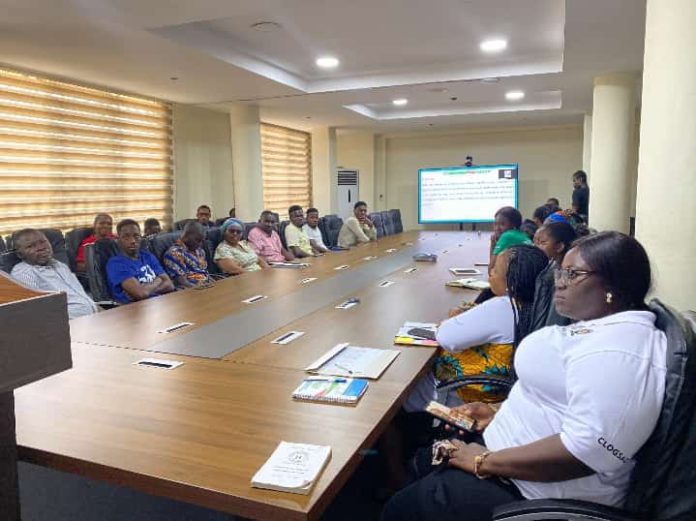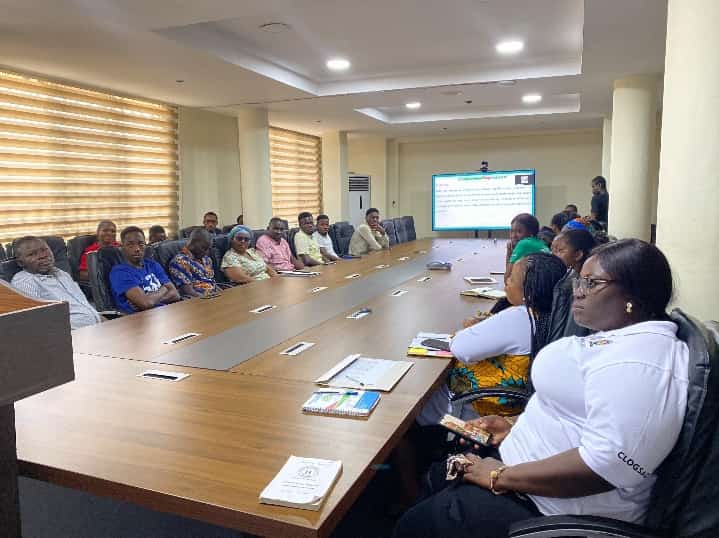
Health Plus Africa Care (HPAC) organized a sensitization event at the Ministry of Works and Housing, stressing sub-Saharan Africa’s ongoing epidemiological transition.
This shift is marked by a notable rise in chronic non-communicable diseases, resulting in a disproportionate toll of illness and mortality.
Despite accounting for only 14% of the global population in 2019, the region bears 25% of the world’s disease burden, with non-communicable diseases escalating alarmingly.
Ghana is still struggling with communicable diseases. However, data available note a significant shift in the pattern to non-communicable diseases, with cardiovascular diseases like stroke, hypertension, diabetes, and kidney diseases at the forefront.

Government agencies and institutions are striving to address this surge, with support from various non-governmental organizations like Health Plus Africa Care (HPAC).
HPAC, an NGO, has been actively engaged in health sensitization and screening services for commercial taxi drivers in La-Nkwantanang Madina, within the Greater Accra metropolis.
On April 25, 2024, HPAC convened a stakeholders’ meeting at the Ministry of Works and Housing’s conference room.

Senior management and staff of the Ministry gathered to emphasize the importance of all stakeholders embracing the challenge and becoming advocates for change.

During the meeting, the Executive Director of HPAC pointed out that, cardiovascular diseases are the leading cause of hospital deaths, with strokes and diabetes at a very alarming rate.
He mentioned that in less than three (3) months, he had encountered over 68 cases of strokes, kidney, or diabetes.
He advised the participants to take their health seriously by eating natural, fermented, and live foods, exercising moderately at least 3 times a week, and cutting down on quantities of foods especially starches consumed at late night.

Additionally, attendees were cautioned about the increasing prevalence of fatty liver disease and advised to take appropriate precautions.
READ ALSO:


